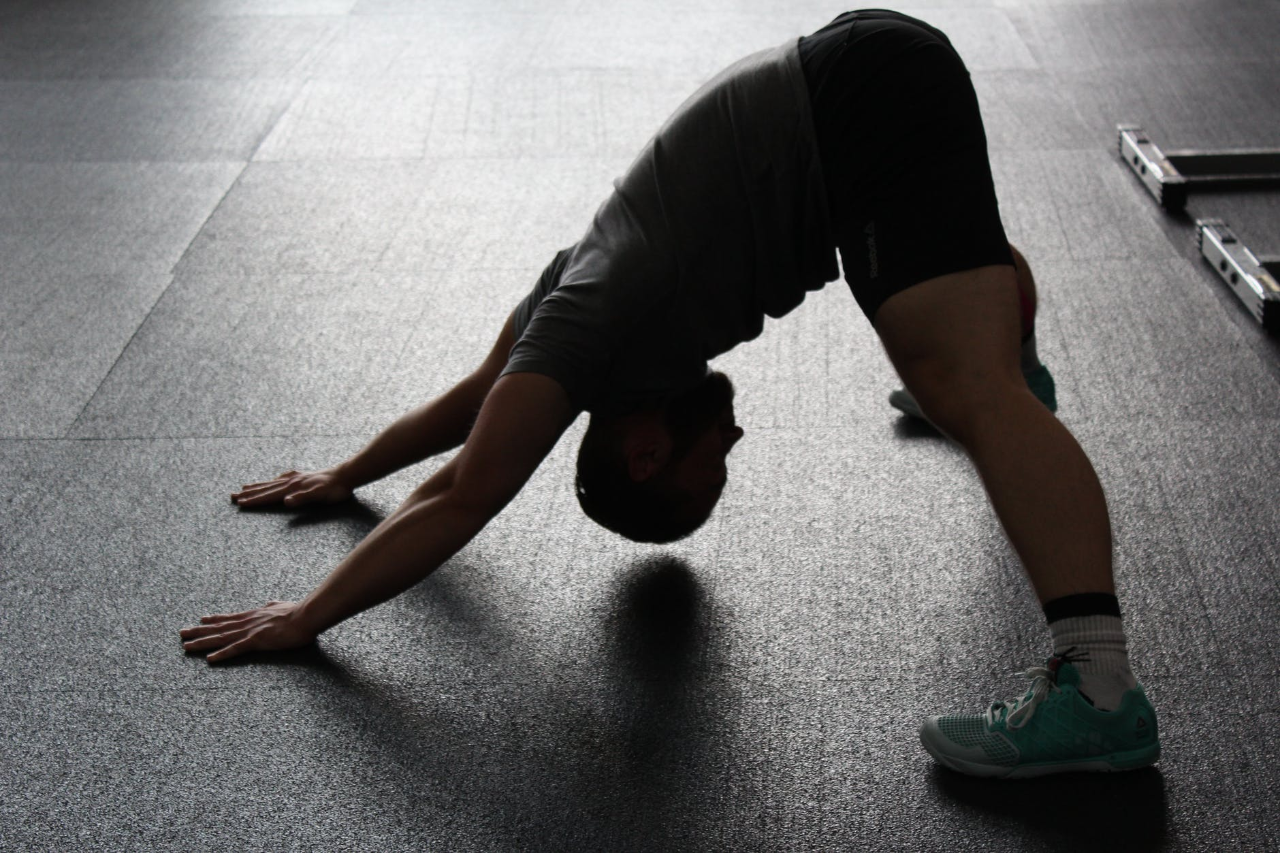
Optimizing your recovery post-training is, in my opinion, the most crucial element to constantly improving. Because the faster you recover the more often you can train and the more often you can train the stronger/faster you will get. Make sense right?!
But if it was that easy everyone would be doing it, me included! But I try my best.
Here are 5 tips that I have learned over the past decade of training and the past 2 years as a triathlete in order to help optimize and speed up my recovery.
1. Stretching
Let’s be honest stretching sucks and no one wants to do it after a hard workout session, but the science is there to back up its importance. According to a study done at the Harvard Medical School:
“Stretching keeps the muscles flexible, strong, and healthy, and we need that flexibility to maintain a range of motion in the joints. Without it, the muscles shorten and become tight. Then, when you call on the muscles for activity, they are weak and unable to extend all the way. That puts you at risk for joint pain, strains, and muscle damage.”
And it just becomes a vicious cycle of never-ending tightness and pain.
Be sure to stretch for at least 10 minutes post-workout and I would focus on stretching the whole body with an emphasis on the muscles worked on during your training session.
2. Foam Rolling
I know it sucks, I know it hurts but you always feel good after having done it.
I love to use the metaphor that your muscles are tight up in knots after a workout and that foam rolling helps to release those knots before you start stretching. Also, I know it should have come before the first point but I feel like I would have lost some of you, readers, if you saw the painful foam roller as a first tip.
So here is a little explanation as to what foam rolling post-workout does, it can help increase blood flow to the tissues you just used and can help speed up recovery time. In fact, it’s one of the best ways to help minimize post-workout soreness known as delayed-onset muscle soreness or DOMS.
Start foam rolling, if you are looking for a good one I personally like to use the Yuniti Lifestyle Foam roller.
3. Hydration
Water plays a significant role in the process of recovery – from helping digest vital nutrients to repairing muscles damaged during exercise. Remember that our muscles are actually 75% water! Water can help by facilitating protein synthesis, a muscle has to be hydrated for that process to be optimized.
It will also help with heart rate recovery, a 2012 study of the role of hydration in athletic performance found that hydration had a large impact on recovery (Moreno et al., 2012). In the experiment, individuals did a 90 minute run on a treadmill under one of two conditions – either they drank a sports drink during and after the workout or they did not hydrate at all. The experiment found that the individuals who hydrated showed significantly faster heart rate recovery following the workout which indicates that their bodies more quickly recovered from the stress of exercise.
4. Eat More Carbohydrate
Carbs are your friend and don’t listen to anyone that tells you otherwise.
“The athlete’s body has one primary goal in mind after each workout and that is to replace glycogen storage. Eating carbohydrate as part of the recovery meal increases plasma glucose and insulin concentration, and makes it possible for the body to resynthesize glycogen at a higher rate. This is in addition to what protein is doing for the muscles” – Eve Pearson
The carbohydrate will help your muscles recover faster plus they taste good and make you feel amazing. Of course focusing on good sources of carbs like fruits, sweet potatoes, oatmeal, etc. and not candy!
5. Cold Showers
There are many benefits of applying cold water or ice to the body after it has experienced stress and strain, such as after a workout or race. Being cold makes your blood vessels contract which prevents swelling and bruising. It also numbs your nerve endings which provides you with instant pain relief. This is why we use ice packs when we get injured.
Exercise inflames the body and inflammation is never a good thing. The cold water acts as an anti-inflammatory and can help you to recover quicker after a workout. A very cold shower or ice bath could also reduce the DOMS (aching muscles) you experience after a workout as it speeds up the recovery process and helps the muscles to repair.
I hope this blog was helpful to you if it was please share it with someone that you think might benefit from it or simply one of your friends that always complains about being sore because of his workouts!
Be sure to Follow me my Youtube & Instagram for some more awesome content
Have a great day everyone!
Luckie from Fit Vegan



